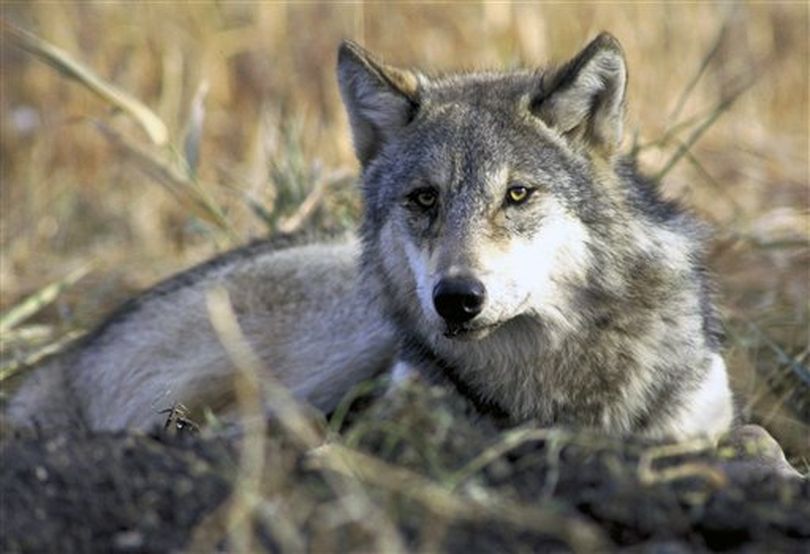Wolf ruling highlights success, not failure

"The bottom line is science is being followed. The heavy lifting is over, and that's cool. My upbringing was to complete your job; when we started there were 10 wolves near Glacier. Now there's 1,700 in six states and they're being delisted. That’s pretty rewarding."
Ed Bangs, who is retiring as wolf recovery coordinator for the U.S. Fish and Wildlife Service in June, about his 23 years working on wolf reintroduction.
- Helena Independent RecordRead on for a comment I requested for a Washington wildlife biologist, whose opinion I respect even though this biologist does not deal specifically with wolves.
"There is no need to review the arguments and court cases that have occurred since, but the rider to delist wolves attached to the U.S. government budget bill and subsequently signed by President Obama is of concern because of the potential precedence that Congress can take charge, medal in wildlife management issues, and over-ride ESA. I understand why Congress did what they did and I place the ultimate blame with several entities. I really believe that Congressional action would not have occurred if, first Wyoming had developed a reasonable wolf management plan; because WY did not have a decent plan, WY was excluded from recovery. Because Idaho and Montana created acceptable management plans, wolves were delisted and hunting seasons were allowed.
"Next, I blame Defenders of Wildlife and the other groups that filed suit in Federal Court because delisting was not applied equally to all the states (WY was excluded); Judge Molloy had no choice but to follow the law, relisting wolves in ID and MT. This was very unfortunate in my mind because the hunting seasons in ID and MT were reasonable and all was well; local folks were happy and wolves were not being exterminated. I believe that if Defenders had not filed suit all would be well, ID and MT would have continued to hunt wolves, the locals would have been pleased, and FWS would have continued to work with WY to develop a reasonable wolf management plan.
"Judge Molloy was ready to go ahead with delisting if all the groups reached an agreement. Several groups including the Humane Society held out. If Molloy had been able to delist, I doubt if Congress would have pressed for the rider.
"Congress’s actions may be a shot at the Federal court, but the shots should be at ill-informed groups and WY. I think that these groups do not understand hunting and wolf biology very well. I just don’t see hunting as being a major limiting factor in wolf populations; they’re too smart and they have a high reproductive potential. Because wolf presence and management is highly contentions and emotionally charged, managers need the ability to deal with people’s problems and concerns. Wolves should be viewed as another wildlife species that should be managed, not as a vermin or idol. Active management, hunting, and being able to address problems will ultimately be beneficial to these wolf populations."
